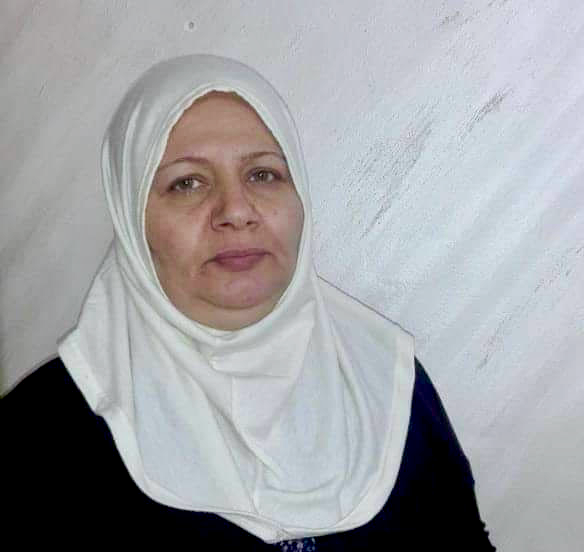Standing by Roaa to Obtain Justice for her Daughter
Date:

Roaa Abdul Sattar, 54, lost her husband to Iraq’s sectarian war in 2011. This forced her and her daughter, Nour, to leave Baghdad and take refuge in the city of Mosul. But the safety they found there was short-lived. In 2014, the Islamic State of Iraq and the Levant (ISIL) took over Mosul, with devestating consequences for its residents.
Upon arriving in the city, ISIL arrested many of its residents. Roaa and her daughter were among those captured and detained. While the mother was released 15 days later, her daughter was kept in detention.
Roaa managed to escape Mosul and return to Baghdad. But as soon as ISIL knew of Roaa’s escape, they brutally executed her daughter Nour by firing squad and buried her in an unknown location.
This horrific loss was not the first that Roaa had endured. In 2010, her daughter Tamara died during an unsuccessful operation to transplant a kidney donated by Roaa, who now lives with one kidney.
After the liberation of Mosul in 2017, Roaa returned to the city to look for her daughter's remains and to prove her death at the hands of the extremist group. She wants the Iraqi authorities to consider her daughter a "martyr," like many other Iraqis who stood up to ISIL or were victims of terrorism. But following up on her daughter’s case in Mosul’s courts proved very difficult. Mosul is approximately 400 kilometers north of Baghdad where she now lives and she could not afford legal representation.
A local organization, Tajdid Iraq, learnt about Roaa’s difficult circumstances. Tajdid has been working in partnership with UN Women to build the resilience of Syrian refugees and host communities, under the regional programme “Strengthening the Resilience of Syrian Women and Girls and Host Communities in Iraq, Jordan and Turkey.” The programme is funded by the EU Regional Trust Fund in Response to the Syrian Crisis (the EU “Madad” Fund). Since 2018, Tajdid has provided legal support and representation to 180 vulnerable refugee, host and displaced women.
After examining her case, Tajdid’s Mosul team reached the conclusion that it was not advancing in courts because Roaa did not have legal representation. They offered to support her to follow up on her case.
The lawyers accompanied Roaa to the court and police station to submit her deposition again and find witnesses to support her complaint. Roaa also received psychosocial support to raise her spirits and enable her to cope better with her difficult situation.
Since Tajdid lawyers began to provide support, Roaa has made progress in getting recognition for her daughter’s murder. She has a great deal of hope and optimism about obtaining justice. The lawyers are also optimistic that they will prove that Nour is a martyr of terrorism.
"I can’t believe what they have done for me." Said Roaa. "I was really desperate, and now I have people who help me and stand by me in court.”